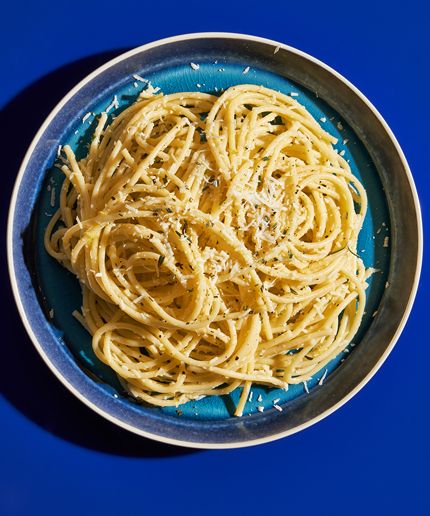-
Tips for becoming a good boxer - November 6, 2020
-
7 expert tips for making your hens night a memorable one - November 6, 2020
-
5 reasons to host your Christmas party on a cruise boat - November 6, 2020
-
What to do when you’re charged with a crime - November 6, 2020
-
Should you get one or multiple dogs? Here’s all you need to know - November 3, 2020
-
A Guide: How to Build Your Very Own Magic Mirror - February 14, 2019
-
Our Top Inspirational Baseball Stars - November 24, 2018
-
Five Tech Tools That Will Help You Turn Your Blog into a Business - November 24, 2018
-
How to Indulge on Vacation without Expanding Your Waist - November 9, 2018
-
5 Strategies for Businesses to Appeal to Today’s Increasingly Mobile-Crazed Customers - November 9, 2018
The Possible 6th Taste Explains A Lot About Our Eating Habits
Aside from the established tastes of bitter, salty, sour, sweet and umami, “starchy” may also be uniquely identified by humans.
Advertisement
“They called the taste “starchy”,” said Lim. Now a new study published in the journal Chemical Senses reveals that our tongues are able to taste “starchiness”.
It has always been assumed that, because complex carbs are quickly broken down by enzymes in our mouth, which then detects the flavour of shorter chains of sugars, starch itself did not have a detectable taste. Downing a bowl of buttery pasta or nibbling a slice of fresh bread simply feels good.
“I believe that’s why people prefer complex carbs”, lead researcher Juyun Lim from Oregon State University told Jessica Hamzelou from New Scientist. “It’s like eating flour”.
Lim believes she has presented the first evidence which suggests that people can taste starch as its own flavour.
After giving different carbohydrate solutions to a group of volunteers, Lim concluded that her subjects could detect starchiness.
So when we taste carbs, previous research suggested we only taste sweet.
Volunteers could still detect the flour taste even after researchers gave them a compound that shuts off tongue receptors for sweetness. It also explains why humans love carbs so much.
More New Tastes coming up? Well soon, we may officially be adding “starchy” to the list.
As any athlete or expecting mother knows, starchy foods are a valuable slow-release energy source, which may fill the criteria of the taste of starch’s physiological benefit.
Back in 2015, researchers in the United States found evidence that fat might be its own taste, saying that on its own, fat is a rather boring taste, but it works to amplify other flavours in the same way that bitterness does.
Advertisement
Other scientists are looking into the possibilities that fat, calcium, blood, and more are their own tastes.





























